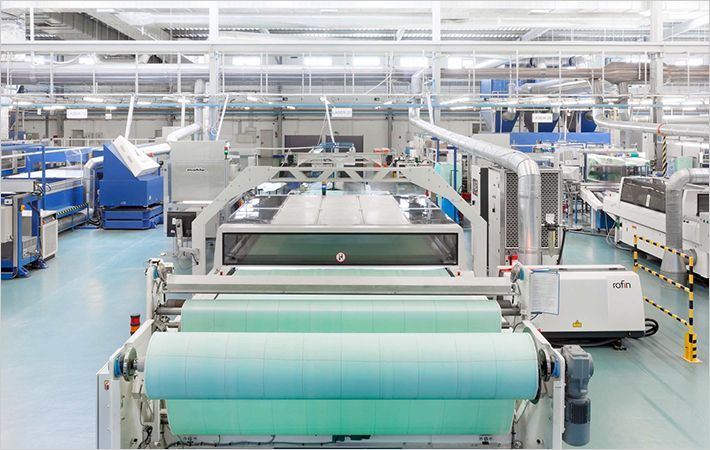“The global technical textile industry is lagging a bit in using PFC-free water repellents, probably since most of their products are not directly used by consumers,” a top official at a company producing environment friendly fiber based products tells technicaltextiles.net.
Robin Grankvist is the Business Area Manager of the Performance Textiles & Nonwoven division at Sweden-based - OrganoClick AB. Set up in 2006, OrganoClick has remained a major supplier of renewable, functional, cellulose based materials.“The global technical textile industry is lagging a bit in using PFC-free water repellents, probably since most of their products are not directly #
“However, as the awareness of PFC increases, the global technical textile industry is also expected to demand more sustainable additives. However, the demand for renewable additives such as biobased binders for the manufacturing of nonwovens or technical textile is strong,” he adds.
PFCs have been used in the textile industry for decades. One of their main usage areas is to confer water and oil repellent properties to textile materials and can be found on most functional apparels and also and on all kinds of technical textiles like car seats, sofas, medical gowns and uniforms.
Explaining on how PFCs harm the environment, he informs, “PFCs are man-made chemicals that take a very long time to degrade in nature, probably thousands of years. Today it is clear that some PFCs, like PFOA and PFOS, are causing harm to both animals and human health.
“The health profile of the short chained PFCs like the C6 is not yet fully clear, but many product companies want to be on the safe side and therefore mandate that PFC-free alternatives are used,” he adds by saying.
Click here to read the whole interview.
Fibre2fashion News Desk - India

